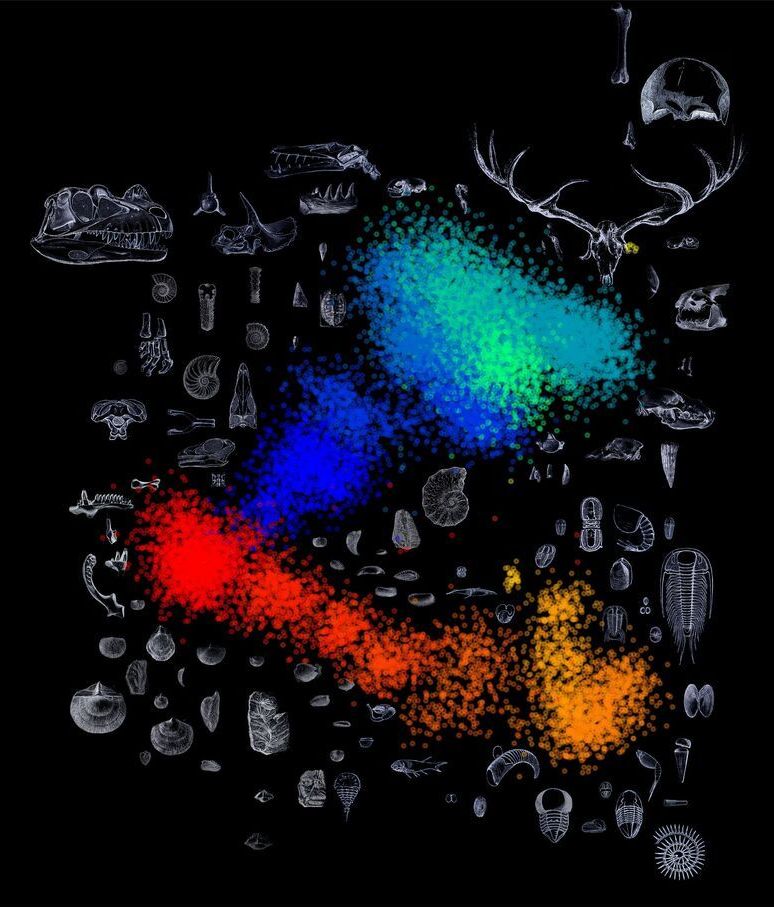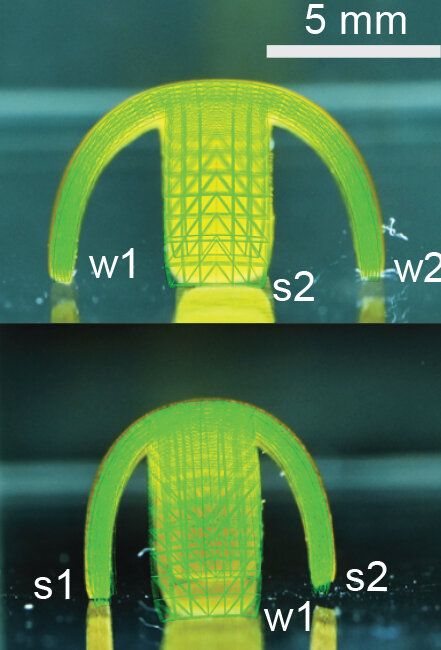A joint study led by City University of Hong Kong (CityU) has built an ultralow-power consumption artificial visual system to mimic the human brain, which successfully performed data-intensive cognitive tasks. Their experiment results could provide a promising device system for the next generation of artificial intelligence (AI) applications.
The research team is led by Professor Johnny Chung-yin Ho, Associate Head and Professor of the Department of Materials Science and Engineering (MSE) at CityU. Their findings have been published in the scientific journal Science Advances, titled “Artificial visual system enabled by quasi-two-dimensional electron gases in oxide superlattice nanowires.”
As the advances in semiconductor technologies used in digital computing are showing signs of stagnation, neuromorphic (brain-like) computing systems have been regarded as one alternative. Scientists have been trying to develop the next generation of advanced AI computers, which could be as lightweight, energy-efficient and adaptable as the human brain.






